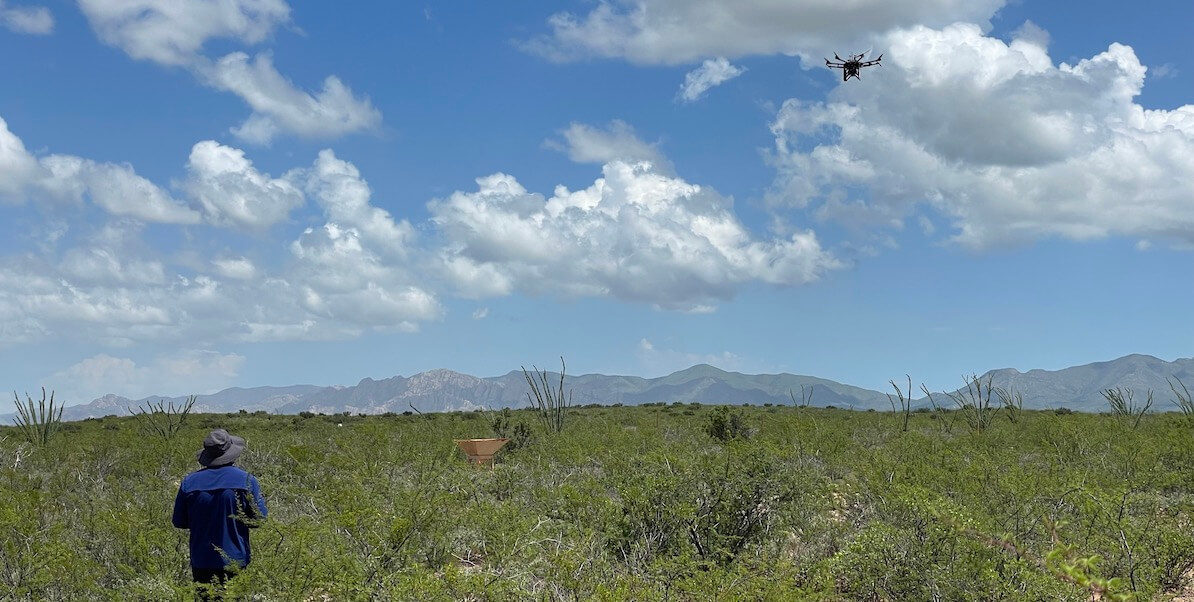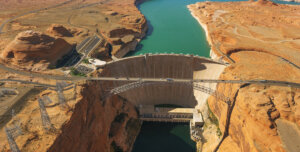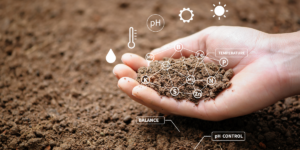 USC will lead a joint research effort in collaboration with the University of Connecticut, the University of Washington, and Iowa State University to develop technologies for assessment of soil sustainability and health, tracking impacts of climate change on soils, and providing tools for ensuring food security. The Center for Soil Technologies (SoilTech), which is part of the National Science Foundation’s Industry-University Cooperative Research Center (IUCRC) program, will be the first of its kind to develop in-situ and remote sensing and analysis tools that can share real-time soil dynamics data with the nation at-large. SoilTech will have participation from 15 industry members, who will support the development of research projects in the Center.
USC will lead a joint research effort in collaboration with the University of Connecticut, the University of Washington, and Iowa State University to develop technologies for assessment of soil sustainability and health, tracking impacts of climate change on soils, and providing tools for ensuring food security. The Center for Soil Technologies (SoilTech), which is part of the National Science Foundation’s Industry-University Cooperative Research Center (IUCRC) program, will be the first of its kind to develop in-situ and remote sensing and analysis tools that can share real-time soil dynamics data with the nation at-large. SoilTech will have participation from 15 industry members, who will support the development of research projects in the Center.
As part of the 5-year Phase 1 effort, the collaborating universities will create tools to observe surface and subsurface soil properties including water content, organic matter content, and contaminants. SoilTech will develop targeted projects, such as understanding the effects of carbon sequestration on soil or determining optimal irrigation patterns. Researchers will simultaneously develop visualization tools to share observations broadly with the agriculture, water management, and infrastructure management communities.
USC Viterbi School of Engineering will lead the cross-university effort with Mahta Moghaddam, USC Viterbi’s Vice Dean for Research and the Ming Hsieh Chair in Electrical and Computer Engineering-Electrophysics as the principal investigator. As head of the Microwave Systems, Sensors, and Imaging Lab at USC, Moghaddam’s team has conducted extensive research on soil and water—most recently in Alaska, western and southwestern US, the Middle East and with members of her research team even finding evidence of water on Mars.
Moghaddam, USC Distinguished Professor, discussed the importance of this new center, “Healthy soils are needed to sustain life, to grow food, to provide shelter, to provide resilient infrastructure, and to enable mobility, but there is presently a lack of knowledge about many key aspects of soil and its dynamics. SoilTech will address this knowledge gap, and in doing so, it will support industries such as agriculture, defense, energy, and the environment. It will convene transdisciplinary experts from academia, whose research will respond to the needs of the Center’s industry advisory board.”
The university partners will provide complementary expertise to this larger initiative.
USC will rely on expertise from its Ming Hsieh Department of Electrical Engineering, its Department of Computer Science, the Information Sciences Institute and the Spatial Sciences Institute to focus on remote sensing systems for soil moisture, organic content, and contaminants, soil data analytic methods using machine learning and artificial intelligence, drone-based sensor swarms to probe the soil profile properties, and geospatial analysis for decision support. The University of Connecticut will focus on research on in-situ soil sensors, soil health, and soil contaminant mitigation. The University of Washington will focus on soil modeling, wireless sensor networks, ambient energy harvesting, and space-based remote sensing. The Iowa State University will focus on resilient in-ground sensors, space-based remote sensing, carbon accounting methodology standardization, and developing deployable soil health initiatives.
Beyond providing new tools for climate scientists, precision agriculture practitioners, and ecologists, the Center will also seek to generate a knowledge base that can be used to train future generations to have a greater understanding of the planet that can protect and nurture essential natural resources.
Published on February 27th, 2023
Last updated on March 1st, 2023











